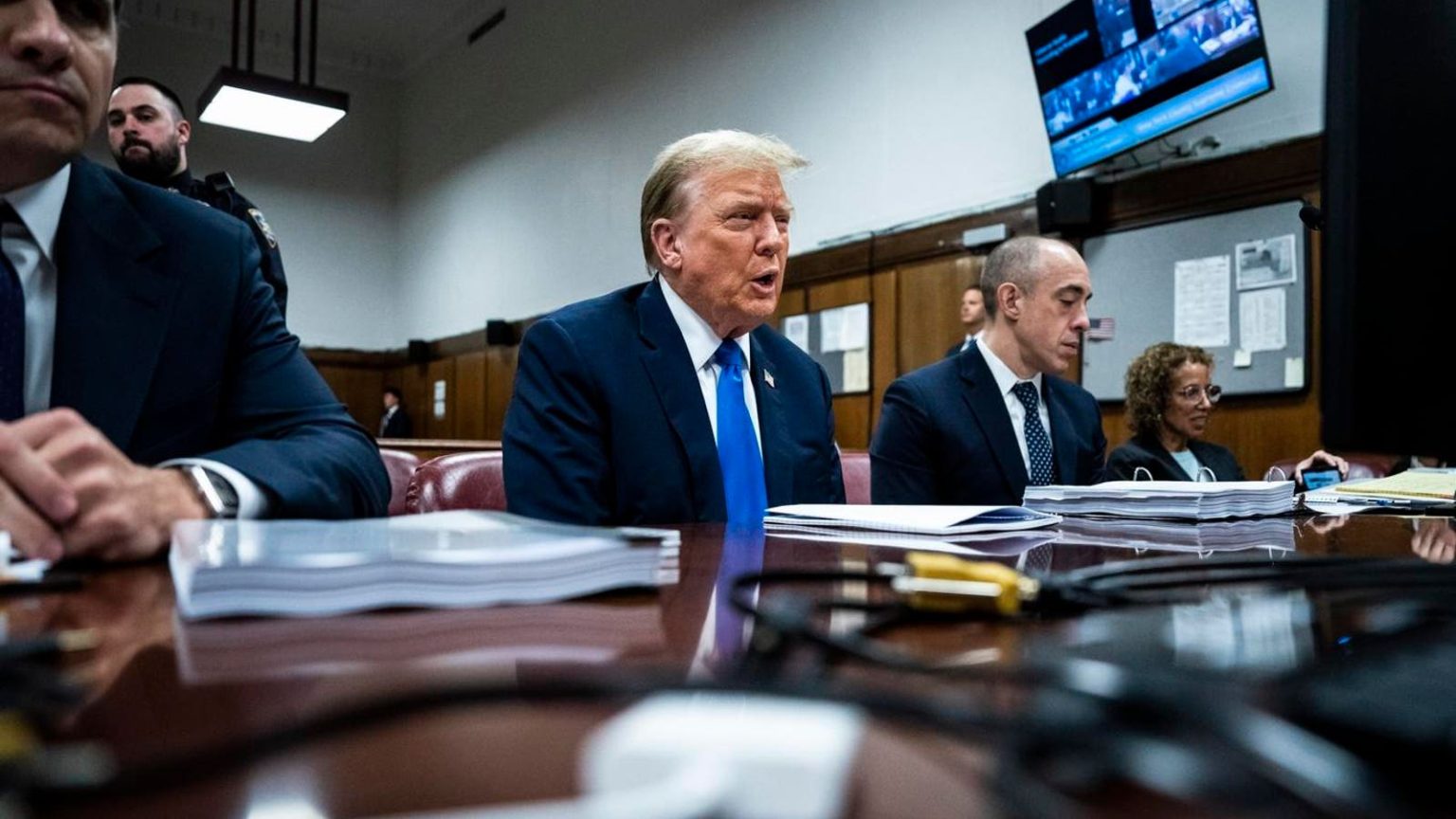In the high-profile criminal hush money trial of former President Donald Trump, ongoing scrutiny of potential jurors for bias has led to the excusal of two empaneled jurors, raising questions about the possibility of sequestration. Sequestration would involve jurors being confined to a hotel, with limited access to the outside world. Criminal defense attorney Mark Bederow believes that sequestration is unlikely at this point in the trial, as prospective jurors would likely have been informed of this possibility upon entering the courtroom.
While sequestration could shield the jury from outside influences, it may not be foolproof given the media attention surrounding a former president’s trial. Mitchell Epner, a former federal prosecutor, also doubts sequestration will occur, noting that the jury could potentially be sequestered during deliberation. This raises concerns about the impact of sequestration on jurors, with a study finding that the negative effects often outweigh any potential benefits.
Under New York state law, the trial judge has the responsibility of deciding whether to sequester the jury. Sequestration was previously mandatory in New York until 1999, with a new law passed in 2001 removing this requirement. The financial and emotional costs of sequestration, as highlighted in a 1996 study, could have lasting effects on jurors and the trial process. The potential financial burden of sequestration, estimated at $4 million across the state, is also a factor to consider.
In a surprising twist, it was revealed that jurors in New York are compensated $40 per day for their service, with exceptions for those who earn higher wages or work for larger companies. This additional information sheds light on the compensation and financial aspects of jury duty in New York. The challenges and complexities of jury selection in high-profile cases like Trump’s trial are increasingly scrutinized as the legal proceedings unfold.
With six seated jurors remaining and six more prospective jurors needed, the trial’s progression depends on the successful selection of impartial jurors. Trump can anticipate facing former associates and family members as potential witnesses, including Stormy Daniels, Rudy Giuliani, Michael Cohen, and his own family. Questions surrounding Trump’s separate New York fraud case and defamation case with writer E. Jean Carroll could also come into play if he takes the stand.
The backdrop of Trump’s indictment on 34 counts of falsifying business records, related to a $420,000 payment to Cohen for hush money, adds complexity to the trial. Trump’s vociferous denials and accusations of political bias have shaped the narrative, with ongoing scrutiny of the legal proceedings. As the trial moves forward, the public and legal experts alike are closely watching for any developments that could impact the outcome of this closely-watched case.


